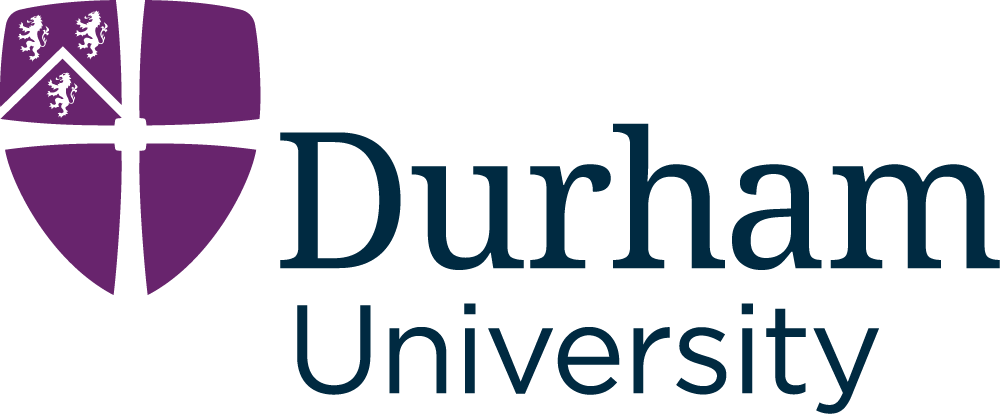

Durham Days of Analysis and PDEs - 2nd Edition
4-6 July 2022


Durham Days of Analysis and PDEs - 2nd Edition
4-6 July 2022
The second edition of the Durham Days of Analysis and PDEs is a 3-day online summer school which includes 3 mini courses given by distinguished speakers and 3 talks given by young researchers. Each mini course focuses on different aspects within the field of Analysis and PDEs and aims to give a fuller picture of a topic – from its background to recent and exciting developments in it. These mini courses, as well as the shorter talks, are designed to be accessible to PhD students who are nearing their final year and young researchers.
Registration for the summer school is free but required in order to attend the event. The interested participants can register here before 15 June 2022.
The summer school will include the following mini-courses (click on title to view outline):
In his seminal work, Leray demonstrated the existence of global weak solutions, with nonincreasing energy, to the Navier-Stokes equations in three dimensions. In this course we will introduce the problem and aim at exhibiting two distinct Leray solutions with zero initial velocity and identical body force. The starting point of our construction is Vishik's answer to another long-standing problem about the 2D Euler equations. Building on Vishik's work, we construct a `background' solution which is unstable for the 3D Navier-Stokes dynamics in similarity variables; the second solution from the same initial datum is a trajectory on the unstable manifold associated to the background solution, in accordance with the predictions of Jia and Sverak.
as well as the following talks, given by young researchers:
I will discuss the nature of the spectrum of the one-dimensional Schrödinger operators \[ -\frac{d^2}{dx^2}-Fx + \sum_{n\in \mathbb{Z}} g_n\delta(x-an) \] with \(F,a > 0\) and two different choices of the coupling constants \(\{g_n\}_{n\in \mathbb{Z}}\). We shall see that the nature of the spectrum changes drastically depending on the choice of parameters. Based on joint work with Rupert Frank.
Can be found here.